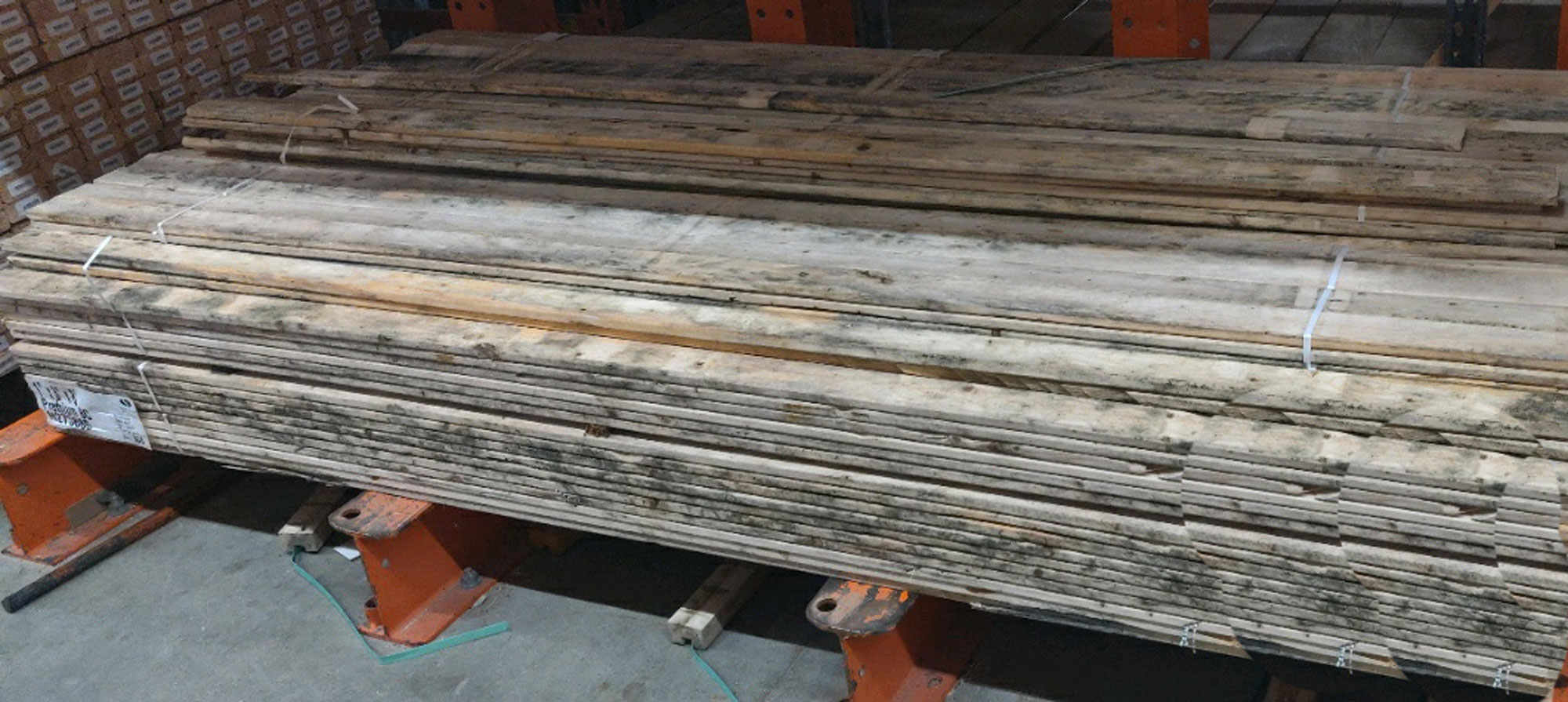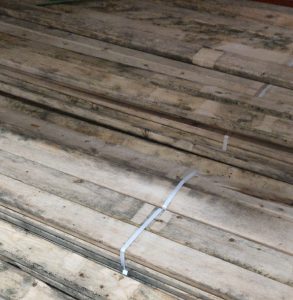 Moldy Building Materials At Hardware Stores?
Moldy Building Materials At Hardware Stores?
Hardware stores are the place one may go to fix general problems within their home. Anything from paint supplies to lumber, hardware stores have it all. It is important that these hardware stores keep track of the quality of the products they sell. However, this is not always the case. Some things go unnoticed or even neglected. Lumber and other building materials being sold at hardware stores should be of the utmost quality. This means no damage to the materials, including rot or even mold. Most customers wouldn’t even think to check for this kind of thing, meaning that they may unknowingly bring mold into their homes. Not only is this an issue for the customer, but it can cause issues for the hardware store as well. An angry customer who unknowingly purchased moldy building materials from a store will blame the store itself. Rightfully so. Hardware stores should not be selling moldy porous building materials such as wood and drywall. It is their responsibility as a business to ensure the utmost quality for their customers.
How To Identify Moldy Building Materials
Many times it is very easy to identify whether or not a material such as lumber or drywall has mold. It is simply a matter of knowing what to look for. Why would one think to consider that a hardware store was selling a tarnished product? Many wouldn’t even think twice about checking for that kind of issue. If you don’t know what you’re looking for, it can easily go unnoticed. An honest mistake as a customer. Common signs that may indicate mold in building materials include, but are not limited to:
 Staining:
Staining:
A telltale sign of water damage and mold is dark staining or wet spots on porous building materials. Avoid building materials that have experienced staining, or may even still be wet.
Odor:
Mold has a distinct, musty odor. It smells earthy, wet, and generally unpleasant. It may seem strange, but smelling building materials before purchasing them can be the difference between bringing mold into your home.
Signs Of Rot:
This may seem like common sense, but if building materials look like they rotting, don’t buy them. There is a good chance that they are contaminated with mold, or otherwise tarnished. Either way, you don’t want to use rotting or moldy building materials.
Visible Mold Spores:
Mold presents itself in a variety of forms. It can come in white, black, brown, gray, and even green. Mold also can appear as a chalky, powdery substance and may appear in splotches. Therefore, if you see that on any building materials you were planning to buy, avoid them.
How To Address Moldy Building Materials
Much like regular customers, hardware store employees may not have even noticed that there was an issue with the product they are selling. As previously mentioned, when you don’t know what to look for, mold can easily be overlooked. Hardware store employees are not necessarily mold experts, so don’t be angry with them. They may not have even known that anything was wrong with the product in the first place. Now that you have the knowledge you need to identify mold growth, you can simply inform an employee of the issue. It is not always the employees’ fault if there are inconsistencies with the products in the store. However, it is important to let them know so that they can rectify the issue.
Stores should be aware of the quality of the products they are selling. Moldy building materials can cause an array of problems for not only the customer, but the store itself. Mold has now been brought into the store, which can cause a lot of damage if left unattended. It can potentially make employees sick, and can cause damage that will cost the store a lot of money to get remediated. Another issue that moldy building materials may cause for the hardware store is liability. If a customer unknowingly purchases moldy building materials from a store, it will bring mold into their homes. The customer will be complaining to the store, and taking action against that store. It is the customer’s right to do so, but it is best to avoid this issue altogether.
No matter which way you look at it, it is never okay for a hardware store to be selling moldy building materials. The integrity of not only the product, but also the store is at stake when mistakes like this happens. Whether you are a customer, an employee, or a store owner, you should address this issue with haste. It will save everyone involved a lot of trouble.


